Coordinación
Una coordinación sólida puede evitar vacíos y duplicaciones en las respuestas humanitarias, así como garantizar que los PTM complementen otros tipos de asistencia. Sin embargo, el informe del «Estado Global de los Programas de Transferencias Monetarias» de la CALP Network muestra que la coordinación de la asistencia en efectivo es vista como débil y ad hoc, y que esto está teniendo graves repercusiones operativas.
Los donantes, las ONG y los líderes de los grupos de trabajo de transferencias monetarias (GTM) han pedido claridad sobre tres temas principales relacionados con la coordinación de la asistencia en efectivo:
- Quién debe ser responsable de asegurar una coordinación eficaz de la asistencia en efectivo;
- Cuál es la función y el mandato de los grupos de trabajo de transferencias monetarias, incluso en relación con las transferencias monetarias multipropósito;
- Cómo se debe dotar de recursos a la coordinación de asistencia en efectivo.
Tenemos que basarnos urgentemente en lo que funciona y proporcionar claridad a nivel mundial sobre las preguntas arriba mencionadas, adaptándonos a los diferentes contextos. Hace mucho tiempo que se deberían haber tomado decisiones claras basadas en necesidades operativas y no en la política de las agencias.
Prioridades actuales
El objetivo de la CALP Network es contribuir a seguir progresando en este tema en tres niveles: apoyar a los grupos de trabajo de transferencias monetarias a nivel regional; contribuir a soluciones prácticas para la coordinación de la asistencia en efectivo a nivel mundial; y convocar una discusión basada en la evidencia sobre temas clave, destacando puntos de decisión críticos y oportunidades de progreso.
Contenido destacado

Cash Coordination Tip Sheet
Guidelines and Tools
This tip sheet sets out established best practice, key guidance and resources for all aspects of cash coordination, intended as a clear, accessible and action-oriented guide for those engaged in coordination of cash and voucher assistance (CVA) at the field level.

Introducing the Cash Coordination Tip Sheet
Webinar
The CALP Network has developed a tipsheet setting out established best practice and key guidance and resources for all aspects of cash coordination, intended as a clear, accessible and action-oriented guide for those engaged in coordination of cash and voucher assistance at the field level.

Cash Coordination: A proposal from members in MENA
Blog Post
Earlier this year the CALP Network undertook regional consultations to explore options for cash coordination. This blog lays out recommendations from participants from the Middle East and North Africa who sketched out what cash coordination, and coordination more broadly, could look like in future to support a more effective, efficient and accountable response.
Últimos recursos
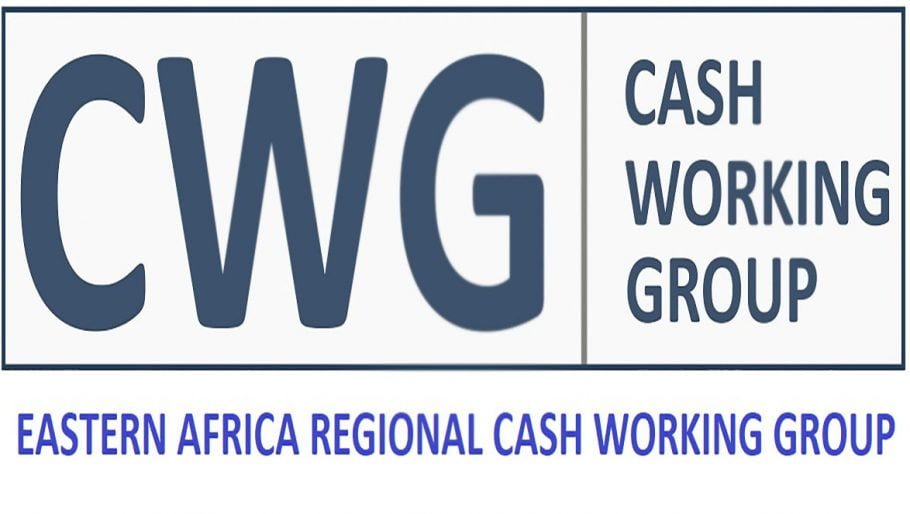
Eastern Africa Regional CWG meeting
Members event
The agenda is Gender-Based Violence (GBV) and Cash and Voucher Assistance (CVA) To sign up for this event, please email esther.ochola@calpnetwork.org
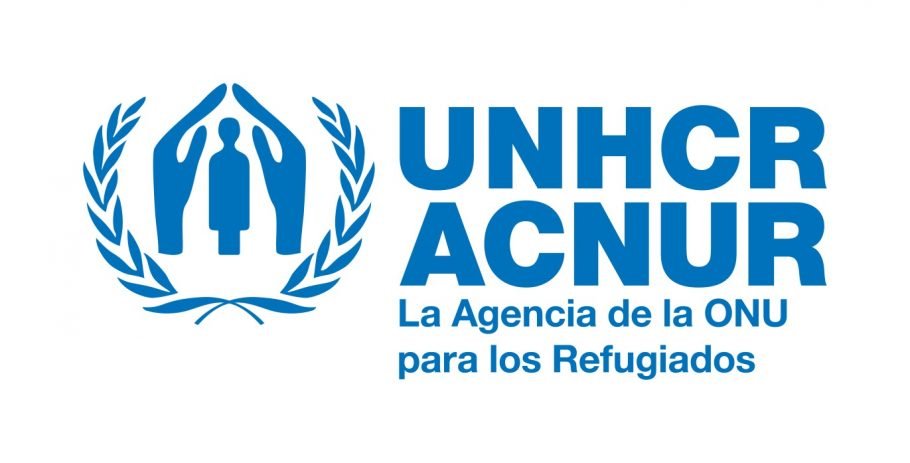
Webinar: ¿Cómo incluir criterios ambientales en los programas de transferencia monetaria?
Evento miembro
Durante este evento se presentó la lista de chequeo de consideraciones ambientales para el diseño de los programas de transferencia monetaria (PTM) desarrollada en Colombia, y que puede servir de ejemplo para su adaptación y uso en otras organizaciones. Asimismo, a partir de las experiencias se...
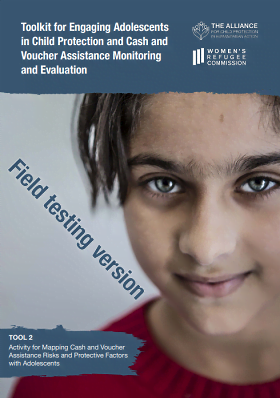
Toolkit for Engaging Adolescents in Child Protection and CVA Monitoring and Evaluation – Tool 2 Activity for Mapping CVA Risks and Protective Factors with Adolescents
Guidelines and Tools
This tool describes an activity for mapping cash and voucher
assistance associated risks and protective factors with adolescents.
It must be used along with the other tools in the “Toolkit for Engaging
Adolescents in Child Protection and Cash and Voucher Assistance
Monitoring and Evaluation”. In...
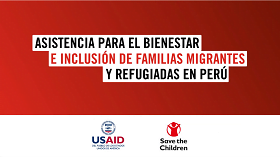
Programación de Asistencia Virtual en Efectivo en Perú
Video
Mira el video aquí Este breve video ilustra cómo Save the Children Perú ha adaptado su programa de asistencia en efectivo durante la pandemia COVID-19 y brinda ejemplos de cómo realizar algunas actividades de forma remota o virtual.

Cash and Voucher Assistance (CVA) in COVID-19 context: Case studies from Nepal
Case Study
With the first and second surge of COVID-19 pandemic in Nepal, followed by lockdown with mobility restrictions imposed by the government to reduce the spread of the virus, most vulnerable people witnessed impacts on their lives and livelihoods-affecting food security, health and nutrition, and education,...

Assessment of Financial Service Providers – Cash and Voucher Assistance in Uganda
Case Study
Under the Uganda Refugee Response Plan (RRP) 2018-2022, both international partners and local government place a strong emphasis on shifting the response paradigm “from care and maintenance to inclusion and self-reliance.” In pursuit of this objective, cash-based interventions are marked as a modality...

Micro-enterprise in Humanitarian Programming: Impact evaluation of business grants vs. unconditional cash transfer
Report
How can unconditional cash transfers (UCT) be leveraged to boost household incomes beyond addressing short-term food insecurity in a prolonged humanitarian crisis setting? Using a randomised control trial in Somalia, we test additional benefits of changing UCT into business grants while also varying the...
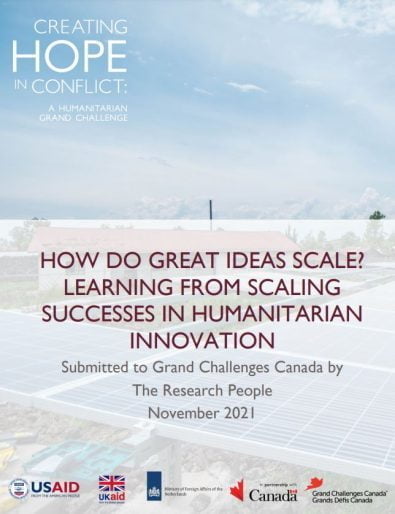
How do great ideas scale? Learning from successes in humanitarian innovation
Report
Scaling innovations in the humanitarian sector is notoriously difficult, and existing research highlights the many barriers and challenges to scaling humanitarian innovations. This study sought to fill an important gap in the literature by identifying and outlining key lessons from humanitarian...

Slides for the Global CWG meeting – Oct 2021
Presentation
The enclosed slides for the 28 October meeting feature presentations from WFP, the Uganda and CAR CWGs and GSMA , as well as key links to key resources discussed.

Cash Coordination Caucus – Proposed Strategy
Policy paper
The strategy document was developed by the EP’s office to delineate the objectives, composition and engagement structure of the cash coordination caucus in the Grand Bargain 2.0 process...

Global Cash Working Group: Focus on Financial Inclusion
Members event
The Global Cash Working Group (GCWG) is a platform for actors to collaborate and address key issues related to cash and voucher assistance (CVA). The October meeting agenda will focus on financial inclusion, collaboration with the private sector and an update on cash coordination developments. Register...

Cash Hub Webinar 24: Group Cash Transfers for Community Resilience
Members event
Uganda Red Cross and Bangladesh Red Crescent will present their experiences of strengthening community resilience, and share examples on the use of Group Cash Transfers (GCTs) to empower community groups to choose and fund their own community resilience activities. Village Saving and Loan Associations...

Responding to Shocks Using Social Protection: Principles and a Framework for NGOs
Guidelines and Tools
This overview provides an initial operational framework to guide decision-making as NGOs engage with SP systems and programmes. It outlines key guiding principles and specifies the value-add of NGOs engaging with systems of SP. It aims to complement and balance the considerable existing work aimed at,...

Core CVA Skills for Programme Staff – Bioforce
Members training

CVA Training for Donors
Curso
The CALP Network have developed CVA training for donor staff. Donors can take any of the six modules to better understand how to integrate CVA into ways of working.
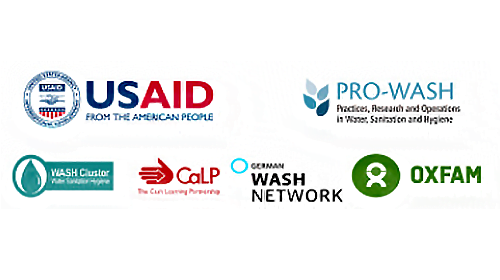
Market-Based Approaches for National WASH Cluster Response Plans: (In English, Arabic and Portuguese).
Members event
This webinar is aimed for humanitarian practitioners working in Myanmar, Sudan, Libya, OPT, Bangladesh, Ethiopia and Mozambique.

Eastern Africa Regional CWG meeting
Members event
The meeting will focus on the use of blockchains and crypto-currencies in humanitarian operations. Contact Esther.Ochola@calpnetwork.org if you’d like to attend the event.

Good Practice Review on Cash Assistance in Contexts of High Inflation Launch Webinar
Webinar

Turning the page on traditional learning: Why the CALP Network’s new online course is so exciting
Blog Post
The CALP Network is entering a new era of inclusive online learning, and there are lots of reasons to get excited about it.
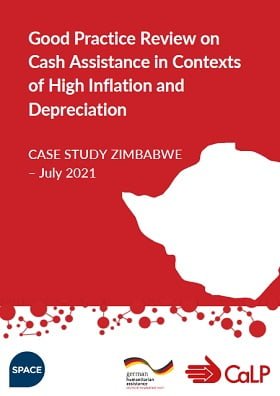
Good Practice Review on Cash Assistance in Contexts of High Inflation and Depreciation: Case Study Zimbabwe
Report
This case study accompanies CALP’s Good Practice Review on Cash Assistance in Contexts of High Inflation and Depreciation. It is intended to illustrate the process of situational analysis, response
analysis and response option selection presented in the GPR. The learning from this case study has also...